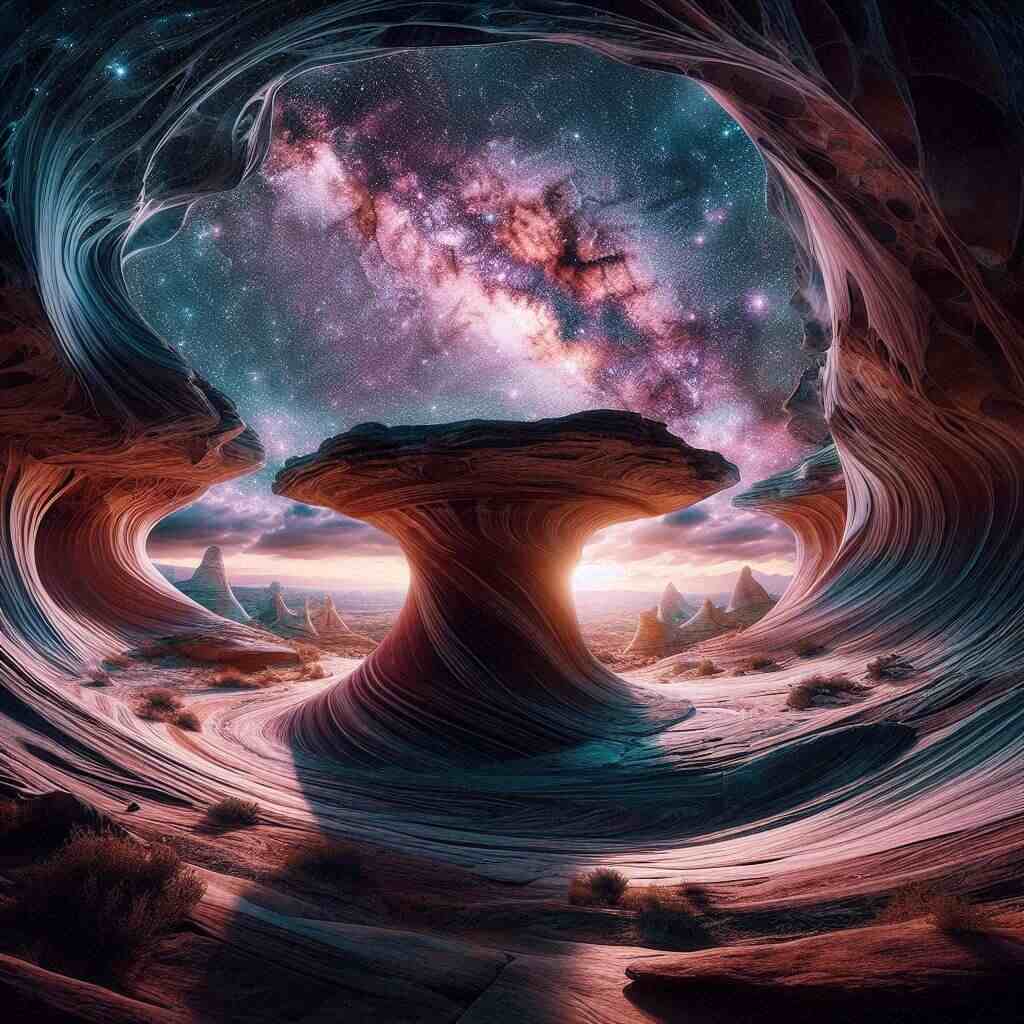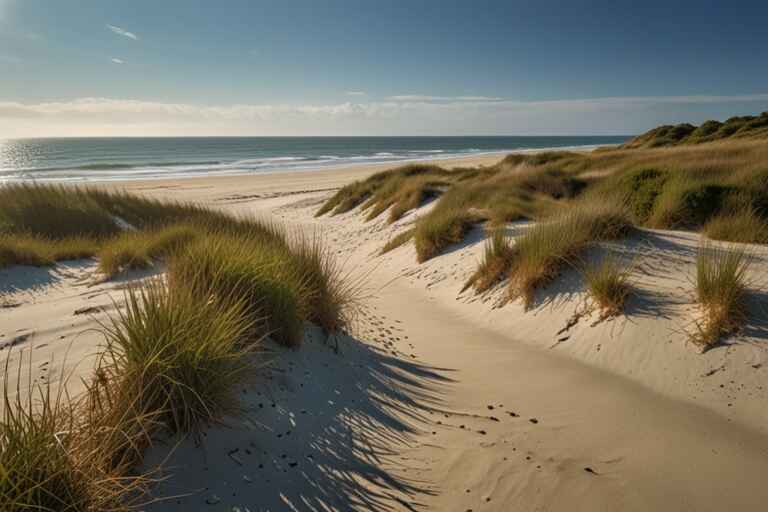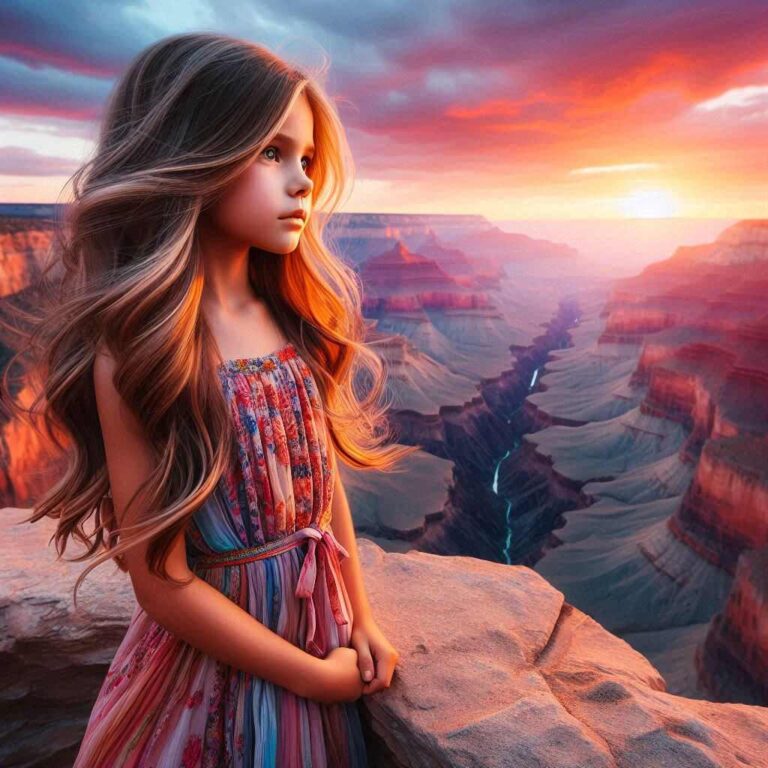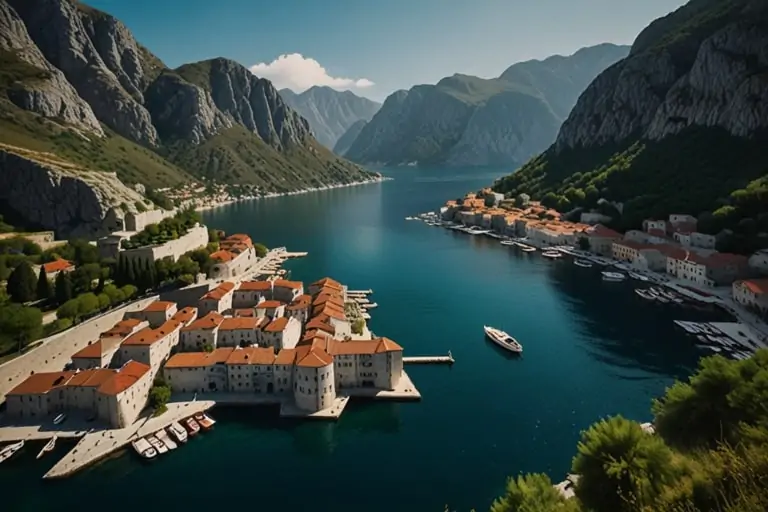Cosmic Ashtray: Utah’s Surreal Hidden Gem
Introduction
What Exactly Is the Cosmic Ashtray?
Imagine stumbling upon a Martian landscape right here on Earth. That’s what the Cosmic Ashtray feels like. Officially unnamed but known by this quirky moniker, it’s a gigantic sandstone bowl filled with rust-colored sand sitting on a remote plateau in southern Utah. It looks like something straight out of a sci-fi flick—and yet, it’s very real.
Why the Name “Cosmic Ashtray”?
The name might make you giggle, but it kind of makes sense when you see it. The formation looks like a celestial smoker flicked their ash into a huge sandstone bowl. It’s also called the “Cosmic Navel” or “Red Breaks Sinkhole” depending on who you ask. But “Cosmic Ashtray”? That one sticks—because once you see it, you can’t unsee it.
Where Is the Cosmic Ashtray Located?
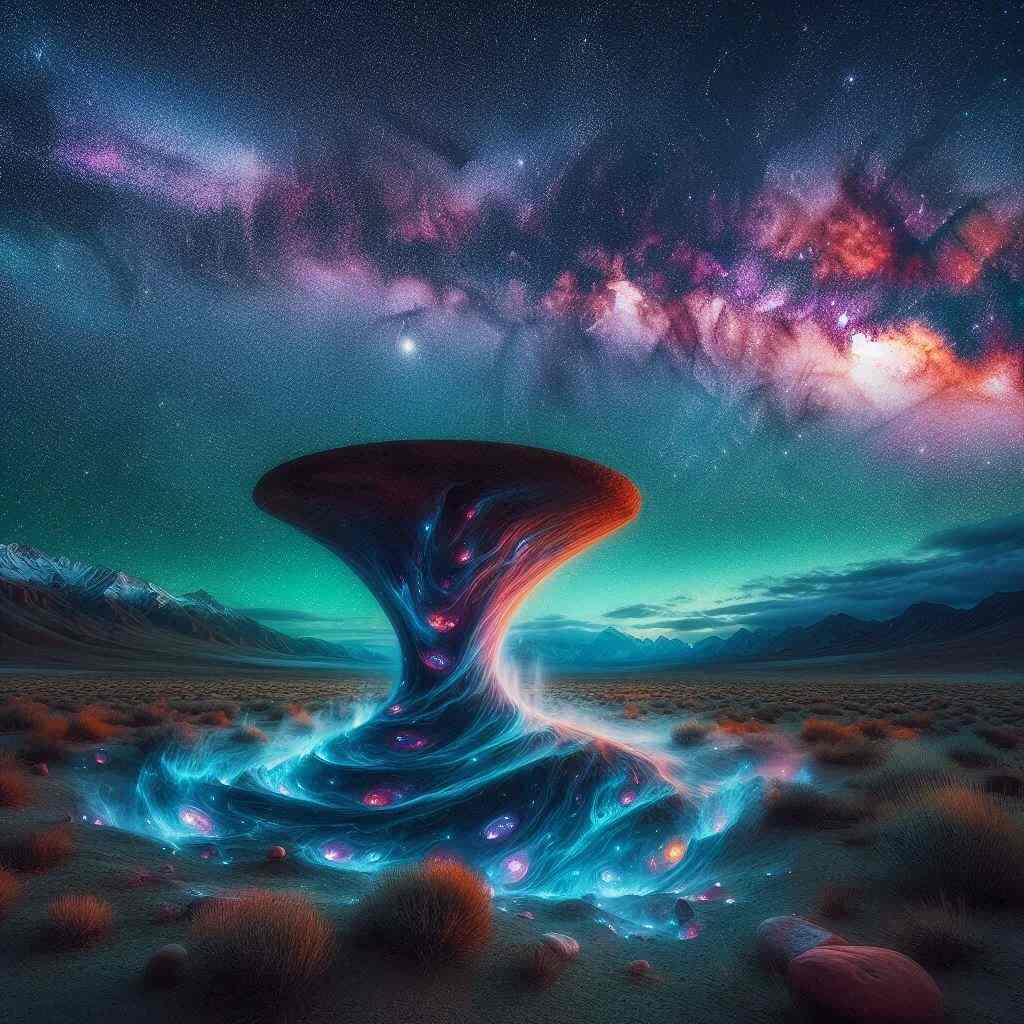
Tucked Away in Southern Utah
This marvel is nestled in the Grand Staircase-Escalante National Monument, an area known for its otherworldly landscapes and dramatic rock formations. The Ashtray is roughly 12 miles east of the town of Escalante. It’s remote. Like, really remote.
GPS Coordinates and Map Tips
There’s no official sign pointing you there. You’ll want to plug these coordinates into your GPS: 37.7079° N, 111.3436° W. But don’t rely entirely on tech. Bring a physical map and download offline maps beforehand. Cell service? Forget about it.
The Formation of the Cosmic Ashtray
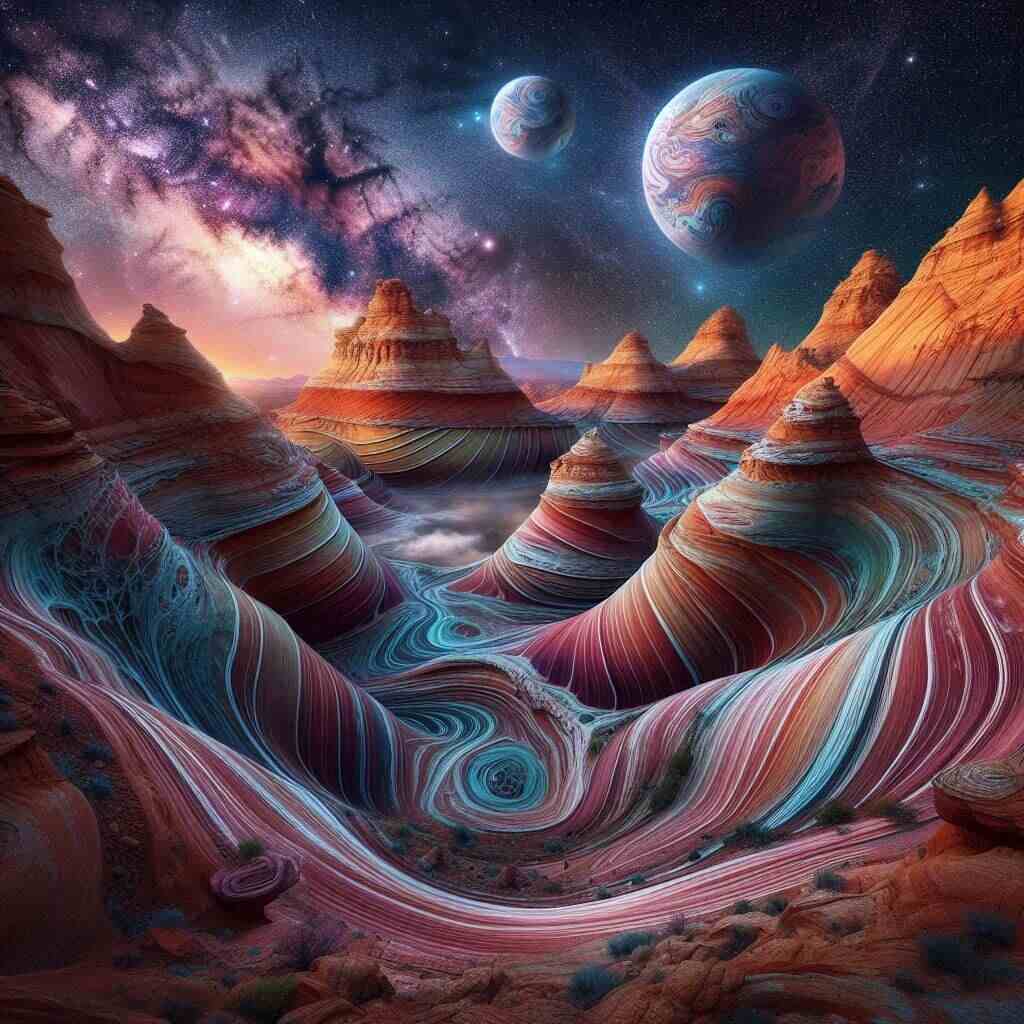
Geological History Behind the Ashtray
This bizarre bowl didn’t just show up overnight. It’s the product of millions of years of wind erosion, water runoff, and shifting sand. The formation is made from Navajo sandstone, a rock type common in the region that’s especially susceptible to erosion.
Wind, Sand, and Time: Nature’s Artists
The central mound inside the Ashtray? That’s a sand dune that settled into the rock cavity, sculpted by gusty winds that swirl through the area. It’s as if Mother Nature had a potter’s wheel and a playful sense of humor.
The Best Time to Visit
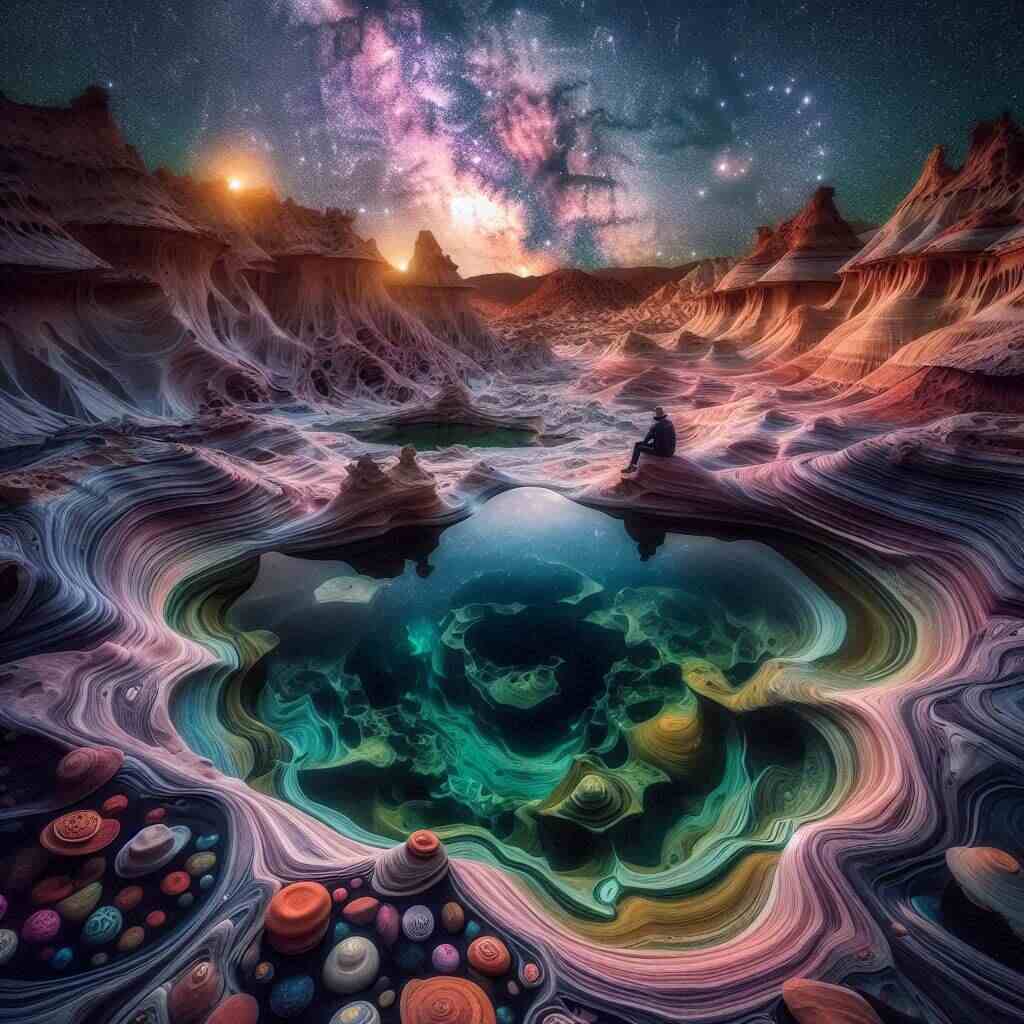
Seasonal Weather Breakdown
- Spring (March–May): Perfect for hiking, with mild temperatures and blue skies.
- Summer (June–August): Brutally hot—think 100°F+—and no shade for miles. Not ideal.
- Fall (September–November): Arguably the best time. Crisp air, golden light, and fewer crowds.
- Winter (December–February): Cold, icy, and sometimes snow-covered. It’s pretty but tricky.
What You’ll Experience Each Time of Year
Every season paints the Ashtray differently. In fall, the red sands glow gold at sunset. In winter, frost crusts the rim. It’s like visiting a natural art exhibit that changes by the month.
How to Get There
Closest Major Towns and Highways
Your basecamp is likely Escalante, Utah, a small desert town with charming coffee shops and a few outfitters. From there, head toward Hole-in-the-Rock Road, then branch off to Red Breaks Trailhead.
Hiking Routes and Trailheads
There’s no one single trail. Most people start from the Harris Wash area or Red Breaks Canyon. It’s a rugged 6–8 mile roundtrip hike—depending on the route—and mostly cross-country. Bring GPS and use hiking apps like Gaia or AllTrails.
The Importance of High-Clearance Vehicles
The roads leading out there are no joke. Deep sand, rocks, and ruts. A sedan? Forget it. You’ll want a high-clearance 4WD vehicle, ideally with off-road tires.
Is It Legal to Visit the Cosmic Ashtray?
Land Use and Permits
The Cosmic Ashtray lies within BLM-managed land. That means you don’t need a permit to hike there (as of now), but regulations can change, so always check current rules on the official Grand Staircase-Escalante site.
Respecting the Environment
No toilets, no trash cans, and definitely no gift shops. It’s pristine because people have mostly respected it—let’s keep it that way. Stay on durable surfaces and pack out everything you bring.
What to Expect When You Arrive
Visual Vibes: A Massive Stone Bowl
The moment you crest the final ridge and see it—bam. A 30-foot-deep bowl carved into orange sandstone, with a sand dune sitting in the middle like a cherry in a sundae. It’s weird, wild, and weirdly beautiful.
Colors, Silence, and Sky
Out here, the silence is so deep it’s almost loud. The sky feels 10x bigger. And when the sun hits the sandstone just right? It’s like the whole formation glows from within.
Packing List for Your Cosmic Journey
Essential Gear
- 3+ liters of water
- GPS or compass
- Offline maps
- Wide-brim hat and sunglasses
- Snacks with salt (trust us)
- Hiking boots with ankle support
Safety First: Sun, Snakes, and Sand
Desert critters are real—snakes, scorpions, and biting ants. And that sand? It’s like a heat sponge. Hike early, pace yourself, and bring a buddy if possible.
Tips for First-Time Visitors
Navigation Advice
Don’t rely solely on trail markers. There are no marked trails. You need to follow topographic maps, GPS tracks, or a guided route. Pro tip? Download multiple map versions and save battery.
Common Mistakes to Avoid
- Underestimating the hike
- Bringing too little water
- Going solo without telling anyone
- Wearing flip-flops (seriously, people do this)
Photography Tips
Best Time of Day for Lighting
Shoot during golden hour (early morning or late afternoon). The shadows cast inside the bowl create dramatic contrasts.
What Gear to Bring for Great Shots
A wide-angle lens is a must. If you’ve got a drone (and know the rules), this is the place for it. Bring extra batteries and lens cloths—dust is everywhere.
Is It Worth the Hike?
Physical Demand vs. Visual Reward
Yes, it’s a long, hot, and confusing hike. But when you reach the Ashtray, you’ll forget about your blisters and sunburn. It’s that surreal.
Real Visitor Stories
Many hikers describe it as a “spiritual” experience. Some say they cried when they saw it. Others just laid down in the sand and stared at the sky. Either way—it leaves a mark.
Cosmic Ashtray and Its Online Fame
Instagram’s Role in Its Popularity
Once a secret spot known only to hardcore hikers, the Cosmic Ashtray blew up thanks to Instagram adventurers. Those drone shots? Insta-gold.
Viral Videos and Drone Footage
You’ll find it in hiking vlogs, YouTube shorts, and even TikTok challenges. Just remember: viral doesn’t mean easy.
Nearby Attractions You Shouldn’t Miss
Escalante Petrified Forest
A quick stop on your way back with ancient fossilized wood and cool walking trails.
Devil’s Garden and Hole-in-the-Rock Road
If you’re already in the area, why not make it a road trip? These spots offer arches, hoodoos, and endless photo ops.
Protecting the Cosmic Ashtray
Leave No Trace Principles
This spot isn’t just pretty—it’s fragile. Stay off the cryptobiotic soil, don’t carve your name, and take only photos.
Why Preserving Remote Wonders Matters
Places like the Cosmic Ashtray show us what Earth is capable of when left alone. Let’s keep them wild and weird.
Conclusion
The Cosmic Ashtray isn’t just a hike—it’s a journey to one of the most unique, untouched, and jaw-dropping corners of the American Southwest. It challenges your legs, inspires your eyes, and reminds you that there’s still mystery left in the world. If you’re up for the adventure, it just might change the way you see the desert forever.
FAQs
1. How hard is the hike to the Cosmic Ashtray?
It’s moderately difficult with no marked trail—navigation skills and fitness are a must.
2. Do I need a permit to visit?
Currently, no permits are required, but always check local regulations.
3. Is it safe to go alone?
It’s better with a buddy. If solo, let someone know your route and timeline.
4. Can I fly a drone at the Cosmic Ashtray?
Yes, but follow BLM rules and don’t disturb wildlife or others.
5. How long does the hike take?
Plan for 4–6 hours round trip, depending on your pace and route.
6. Are there guided tours available?
Not officially, but local outfitters in Escalante may offer custom hikes.
7. Can I camp nearby?
Yes, but there are no amenities—practice Leave No Trace.
8. Is it dog-friendly?
Technically yes, but it’s hot, long, and rough terrain—only bring trail-experienced pups.
9. What’s the best time of day to photograph it?
Golden hour (early morning or sunset) brings out the best colors.
10. Why is it called the Cosmic Ashtray?
Because it looks like a giant alien ashtray—once you see it, you’ll get it.

